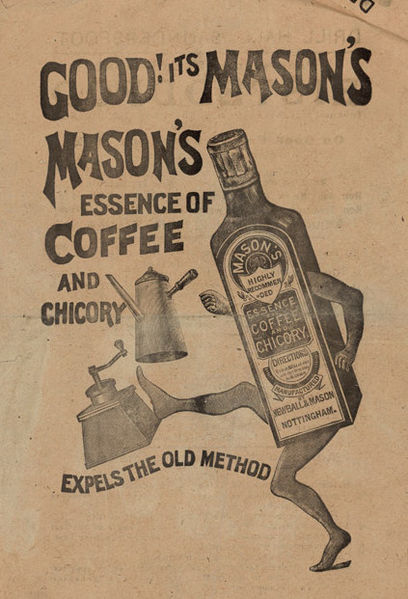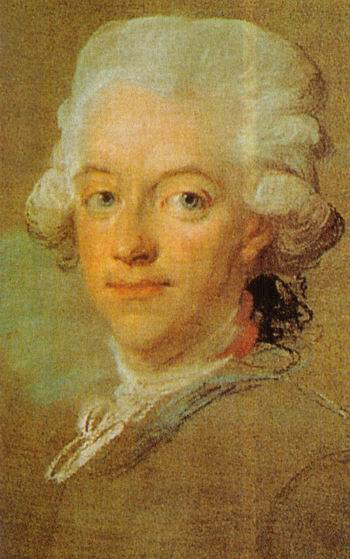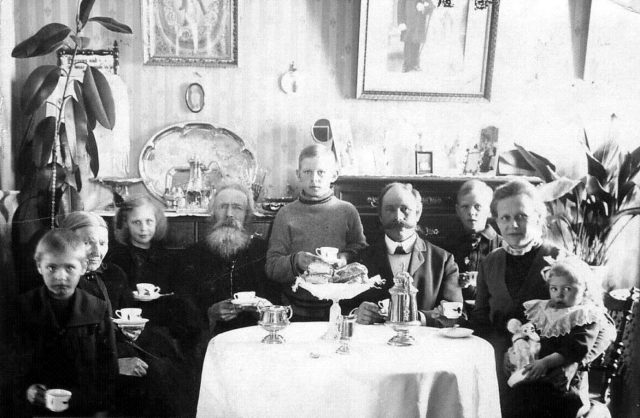Coffee lovers might refer to it as “A nectar from the Gods.” For some, that would be chocolate or hot chocolate, but for coffee lovers, coffee is morning savior, and nothing can be compared to a good cup of coffee. It is simply something beyond love, addiction, and ritual. It is all of these things combined. And no coffee lover wants to hear about possible dangerous effects of the coffee. However, here is one interesting story about a twin experiment which aim was to prove the dangerous effects of coffee, but…failed.

Coffee has taken over every country it ever has reached, but in some countries, it encountered a lot of resistance. It arrived in Sweden in 1674 but was little used until the turn of the 18th century when it became fashionable among the wealthy. It hit the big time after becoming the get-together drink of Swedish intellectuals. Sitting around a pot of coffee, they’d discuss the great philosophical questions of the day. In 1746, a royal edict was issued against coffee and tea due to “the misuse and excesses of tea and coffee drinking.” Heavy taxes were levied on consumption, and failure to pay the tax on the substance resulted in fines and confiscation of cups and dishes. Later, coffee was banned completely; despite the ban, consumption continued.

Coffee was popular, but not with everybody. King Gustav III ascended to the throne good three-quarters of a century after coffee came to Sweden. He was eager to turn back the tide. He believed that coffee was a poison and that people needed to be informed about its terrible effects. To that end, he proposed an experiment.

He had available to him two prisoners who were identical twins and who were scheduled to be executed (they were convicted of murder). Gustav III commuted their sentences to life imprisonment, but with a catch. For the rest of their lives, one of the prisoners had to drink three pots of coffee a day while the other had to drink three pots of tea daily. Gustav III figured that both would fall ill (and likely die) quickly, proving once and for all that the health effects of coffee and tea are dramatic and terrible.

Unfortunately for Gustav, he found that the one thing more lethal than coffee was being named king of Sweden. He was shot during a masquerade and died well before either the coffee or tea drinker. Things began to get creepy when both the doctors monitoring the experiment also died, leaving the condemned twins to keep being stuffed full of caffeinated beverages without proper supervision. In case you’re wondering, the tea drinker died first – at the age of 83. No one knows the date of the coffee drinker’s death. For all we know, he’s still wandering around today.
